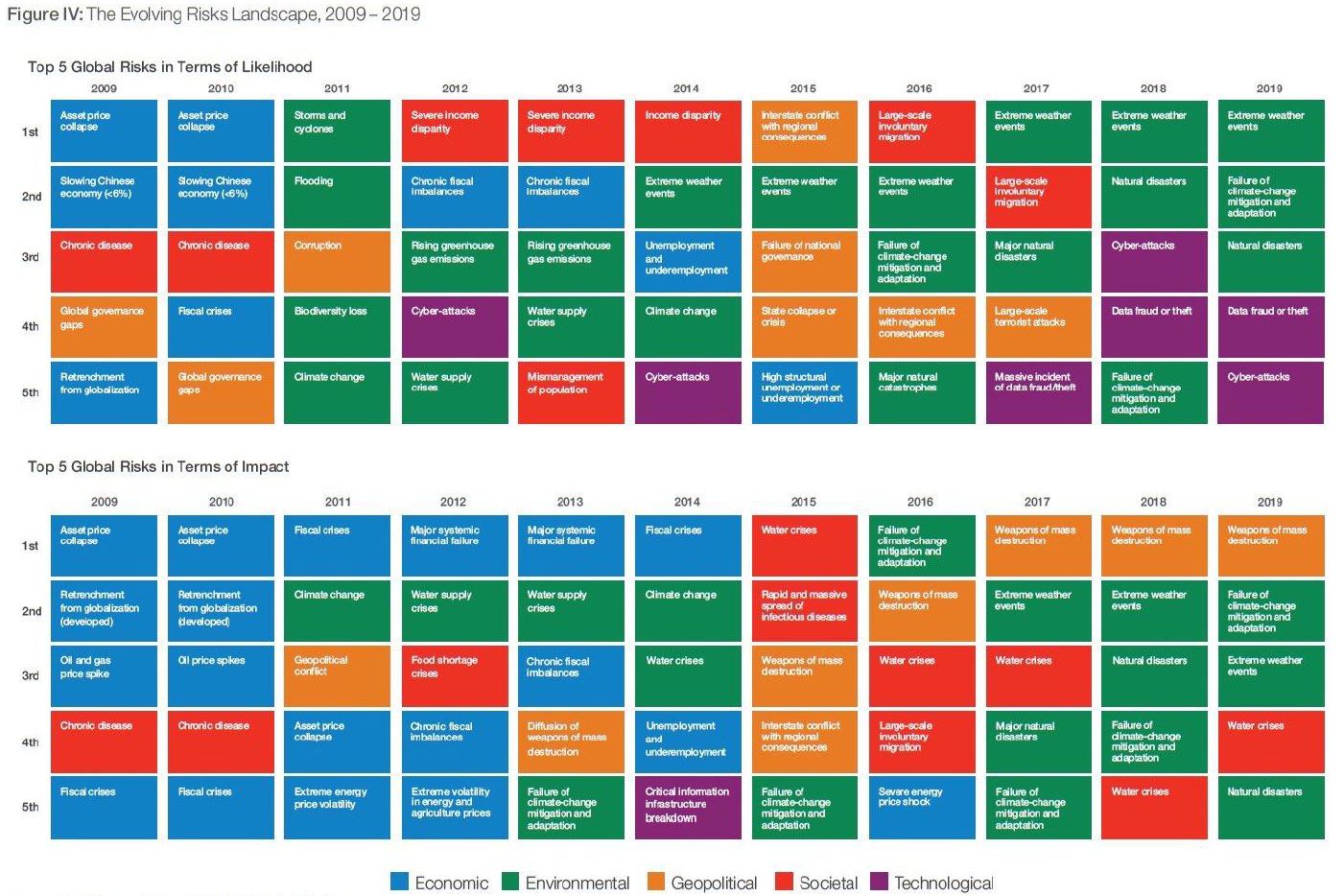It’s time for the global elite to reassure each other that they’re still in charge, and that everything will be all right.
Yes dear reader, it’s time for Davos, the annual globalist gathering. Central bankers, economists, multinational businessmen, politicos and lobbyists all gather this week in Davos, Switzerland, for the annual gathering of the World Economic Forum (WEF). For the 3,000 attendees it’s an opportunity to network, congratulate themselves, and give talks on how the world should be moulded “responsibly” in their hands.
“Committed to improving the state of the world” is the WEF’s stated mission. But the world increasingly questions that statement. Emmanuel Macron, a devout “Davos man”, cannot even attend this year as tries to deal with the yellow vest protests in France as they riot against the values of Davos men. The tide has decidedly turned against these detached international elites, who espouse the benefits of globalisation but take no brunt of the consequences as jobs go abroad and wealth disparity widens.
But the Davos men aren’t focusing on that. Every year, the WEF publishes a global risk report, where risks facing the world are ranked in terms by likelihood and damage. The last time they saw “retrenchment from globalisation” as a likely risk was in 2009.
This year, they’re making it all about climate change. The top five most likely risks facing the globe, according to the Davos men, are 1: extreme weather, 2: failure of climate change mitigation and adaptation, 3: natural disasters, 4: data fraud or theft, and 5: cyber-attacks.
Note number 2. Yesterday I mentioned the growing political popularity of Modern Monetary Theory, or MMT, which in practice allows governments to spend as much as they like by merging them with central banks. Some high profile advocates of MMT are endorsing it as a necessary means of defeating climate change, as the government will be able to spend “whatever it takes” to go green. I expect we will see ever more of this kind of argument to allow the state access to the printing press.
A historical table of their concerns is below (click image to enlarge):
No economic risk (blue squares) has made the top five in terms of likelihood or impact this year. To me, this is a contrarian indicator. Something tells me the Davos men have their eyes off the ball… for elsewhere in Switzerland, events are unfolding that put economic risk firmly back on the table. More on that later in the week – a briefing is being prepared for you as I write.
The last time “asset price collapse” showed up in this list was in 2009 and 2010, where it occupied the number 1 spot with an economic slowdown in China at number 2. Neither happened – the WEF was late to the game. But now, with asset prices far higher than in 2009 and the Chinese economy slowing down, neither risk is on the WEF’s radar. Hmmm. I wonder if the Davos men have seen the state of Europe’s banks…
Until tomorrow,

Boaz Shoshan
Editor, Capital & Conflict
Category: Geopolitics


